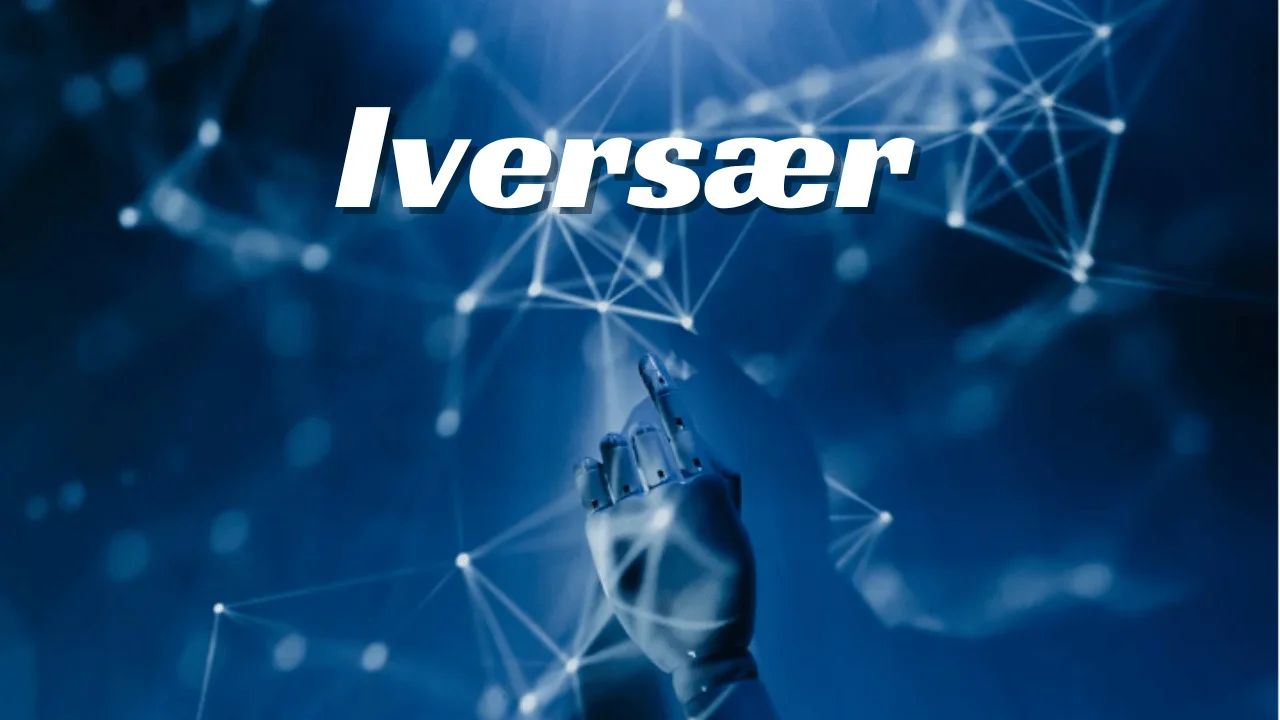Understanding Iversær is a multifaceted concept that delves into the nuances of comprehension and interpretation. Rooted in the intricacies of human cognition and perception, it offers a novel approach to grasping complex ideas and phenomena. In this article, we’ll explore the essence of Understanding Iversær, its origins, applications, and implications for various domains.
The Origins of Understanding Iversær
Understanding Iversær traces its roots back to philosophical inquiries and cognitive psychology. It emerged as a response to the limitations of traditional understanding frameworks, which often oversimplify or overlook the subtleties of human comprehension. Influenced by thinkers such as Wittgenstein and Gadamer, Understanding Iversær emphasizes the dynamic nature of interpretation and the role of context in shaping meaning.
Key Components of Understanding Iversær
At its core, Understanding Iversær revolves around the notion of perspective shifting and contextualization. It acknowledges the subjective nature of interpretation while also highlighting the importance of shared frameworks for communication. Unlike conventional models that prioritize clarity and precision, Understanding Iversær embraces ambiguity and uncertainty as inherent aspects of the human experience.
Applications of Understanding Iversær
Understanding Iversær finds applications across various domains, including literature, art, politics, and business. In literature, it offers insights into the diverse interpretations of texts, allowing readers to explore alternative meanings beyond the author’s intentions. In business settings, it facilitates more nuanced decision-making processes by considering multiple perspectives and potential outcomes.
The Impact of Understanding Iversær
The adoption of Understanding Iversær can lead to profound shifts in how we approach knowledge and understanding. By embracing complexity and diversity of viewpoints, it fosters empathy and tolerance in interpersonal interactions. However, critics argue that it may undermine the pursuit of objective truth and lead to relativism.
Challenges and Criticisms
One of the primary challenges associated with Understanding Iversær is its susceptibility to misinterpretation and manipulation. Skeptics argue that its emphasis on subjective interpretation may hinder critical thinking and rational analysis. Moreover, its reliance on context and perspective raises questions about its reliability and consistency as a theoretical framework.
Future Prospects and Developments
Despite the controversies surrounding Understanding Iversær, its proponents believe that it holds promise for addressing complex societal issues and fostering interdisciplinary collaboration. As technology continues to evolve, we can expect to see new tools and methodologies that leverage Understanding Iversær to enhance communication and decision-making processes.
Case Studies
Numerous case studies highlight the practical benefits of Understanding Iversær in diverse contexts. From literary criticism to diplomatic negotiations, its flexible and adaptable nature allows it to accommodate a wide range of scenarios and challenges.
How to Implement Understanding Iversær
Implementing Understanding Iversær requires a paradigm shift in how we approach knowledge and understanding. It involves cultivating a mindset of openness and curiosity, embracing ambiguity and complexity, and actively seeking out diverse perspectives.
Ethical Considerations
Ethical considerations are paramount when applying Understanding Iversær in practice. It’s essential to uphold principles of fairness, integrity, and accountability while navigating the complexities of interpretation and communication.
Comparison with Other Concepts
Understanding Iversær stands in contrast to traditional models of understanding, such as positivism and empiricism. While these approaches prioritize objectivity and certainty, Understanding Iversær embraces subjectivity and contingency as integral aspects of human cognition.
Understanding Iversær in Education
In the field of education, Understanding Iversær offers new possibilities for engaging students in critical thinking and analytical reasoning. By encouraging exploration and dialogue, it fosters a deeper appreciation for the complexity of knowledge and encourages lifelong learning.
The Role of Technology
Advances in technology, such as artificial intelligence and natural language processing, are reshaping how we engage with Understanding Iversær. These tools enable us to analyze vast amounts of data and extract meaningful insights, enhancing our ability to navigate the complexities of interpretation and understanding.
Expert Insights and Opinions
Experts from various disciplines offer valuable insights into the practical implications of Understanding Iversær. Their perspectives shed light on the challenges and opportunities associated with its implementation and provide guidance for future research and development.
Conclusion
Understanding Iversær represents a paradigm shift in how we approach knowledge and understanding. By embracing ambiguity and complexity, it offers a more nuanced perspective on the intricacies of human cognition and perception. While it presents challenges and criticisms, its potential for fostering empathy, creativity, and innovation cannot be overlooked.
FAQs (Frequently Asked Questions)
- Is Understanding Iversær compatible with scientific inquiry?
- While Understanding Iversær may diverge from traditional scientific methodologies, it can complement scientific inquiry by highlighting the subjective aspects of interpretation and contextualization.
- Can Understanding Iversær be applied in fields such as engineering or mathematics?
- Yes, Understanding Iversær is applicable across various disciplines. In engineering and mathematics, it can aid in problem-solving by encouraging consideration of multiple perspectives and approaches.
- Does Understanding Iversær advocate for relativism?
- Understanding Iversær does not necessarily advocate for relativism. Instead, it acknowledges the importance of context and perspective in shaping meaning while also recognizing the existence of objective truths.
- How can individuals develop their skills in Understanding Iversær?
- Developing proficiency in Understanding Iversær requires practice and exposure to diverse viewpoints. Engaging in discussions, reading literature from different cultures, and reflecting on personal experiences can all contribute to honing these skills.
- What are some potential pitfalls to avoid when applying Understanding Iversær?
- One common pitfall is succumbing to cognitive biases or allowing personal biases to influence interpretation. It’s essential to remain vigilant and critically evaluate perspectives to ensure a balanced and informed understanding.







Be First to Comment